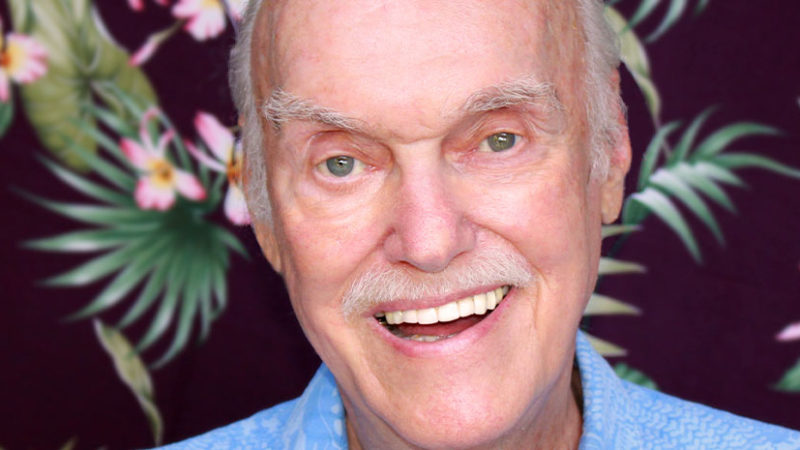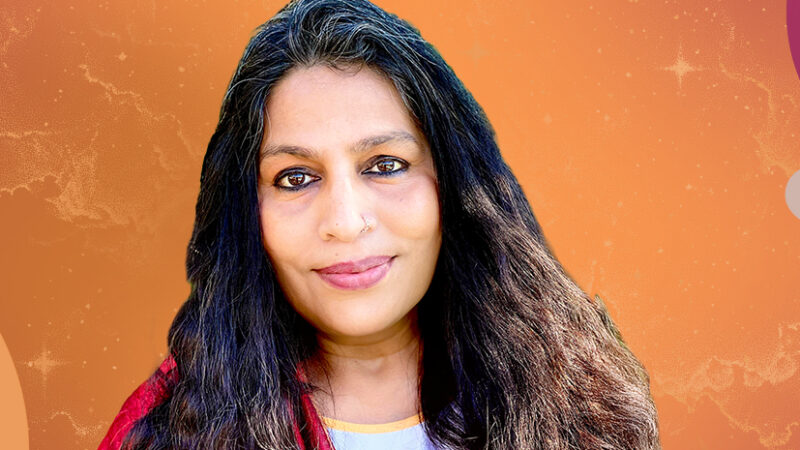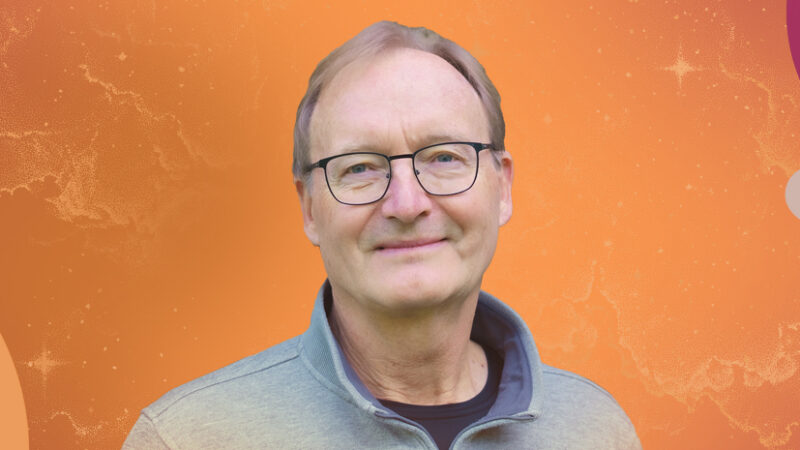
Dying is the most important thing you do in your life. It’s the great frontier for every one of us. And loving is the art of living as a preparation for dying. Allowing ourselves to dissolve into the ocean of love is not just about leaving this body; it is also the route to Oneness and unity with our own inner being, the soul, while we are still here. If you know how to live and to love, you know how to die.
In this book, I talk about what I am learning about death and dying from others and from my getting closer to it. And I talk about what I have learned from being at the bedsides of friends who have died, including how to grieve and how to plan for your own death as a spiritual ceremony. I talk about our fear of death and ways to go beyond that fear so we can be identified with our spiritual selves and live more meaningful lives.
I invited my friend Mirabai Bush into a series of conversations. Mirabai and I share the bond of being together with our guru, Neem Karoli Baba, and over the years, we have taught and traveled and written together. I thought she’d be able to frame the conversations for you, the reader, and also draw in some of what I’ve said in the past about dying, while keeping my current words fresh and immediate. And I wanted to discuss her thoughts on dying as well.
From Mirabai Bush . . .
This is a book about loving and dying and friendship. It is a conversation between old friends, in which we talk about love and death in an intimate setting. I hope we’ve captured Ram Dass’s wisdom, expressed in a new way now that he is 86 and close to death himself.
“It’s about sadhana, spiritual practice, and I want both our voices to be in it,” he said. “I want it to be a conversation.”
“But I need to ask a basic question,” I said.
He nodded.
“Why are we writing this? Who are we writing it for?”
“I want to help readers get rid of their fear of death,” he answered. “So they can be,” a long pause, “identified with their spiritual selves and be ready to die. If you know how to live, you know how to die. This will be a link between my teachings about Maharaj-ji and about death. And people who are living who can see that they are dying each day, that each day is change and dying is the biggest change—it could help them live more meaningful lives.”
After a while, Ram Dass continued, “I’m also thinking about people whose loved one has died, who may live with grief, or guilt and regret, and I’m thinking about those beings who are sitting bedside with the dying . . . this could help them prepare for that role. And people who are dying, who could read this book to help prepare them for dying more consciously, more peacefully, being in the moment.”
Okay, I thought. This will be a good book to write. We’ll be exploring the edge of what we know.
From Ram Dass . . .
I have had aphasia since my stroke 20 years ago. Aphasia impairs a person’s ability to process language but does not affect intelligence. Sometimes I pause for long periods to find a word or figure out how to express a thought in just the right way. I like to say that the stroke gave me the gift of silence.
When I thought about the best way to write a book on dying while having aphasia, I knew it would be important to express these ideas and experiences clearly, subtly, truthfully. I realized that these days I have been expressing what I know best when I am in dialogue with another person—someone who is comfortable with silence and listens for new ideas as they arise. Why not create a book that way?
I like that this format for the book draws you into the room with us, into this conversation that we all need to have. I invite you to watch this video of us talking together, to give you a sense of how our conversations unfolded.
https://youtube.com/watch?v=3Tq7kLnYqIs%3Fautoplay%3D1%26utm_source%3Dbronto%26utm_medium%3Demail%26utm_campaign%3DR180831-Dass-Bush%26utm_content%3DA%2BPersonal%2BMessage%2Bfrom%2BRam%2BDass%2Band%2BMirabai%2BBush
With love,
Ram Dass and Mirabai Bush










